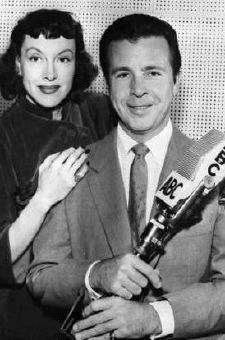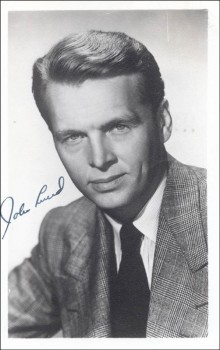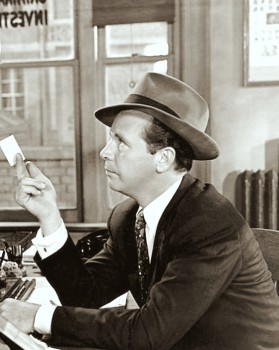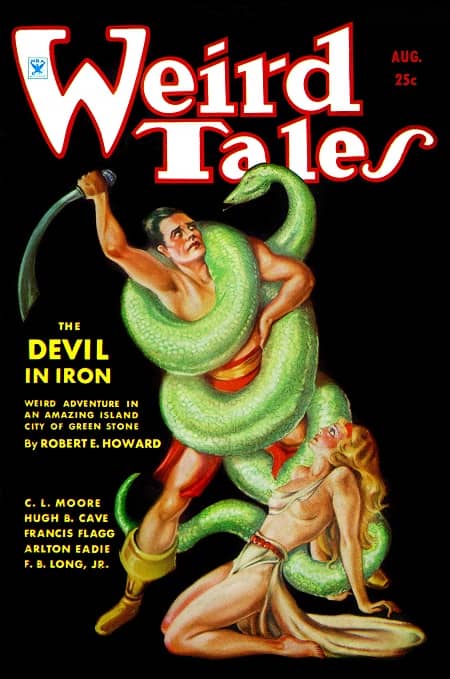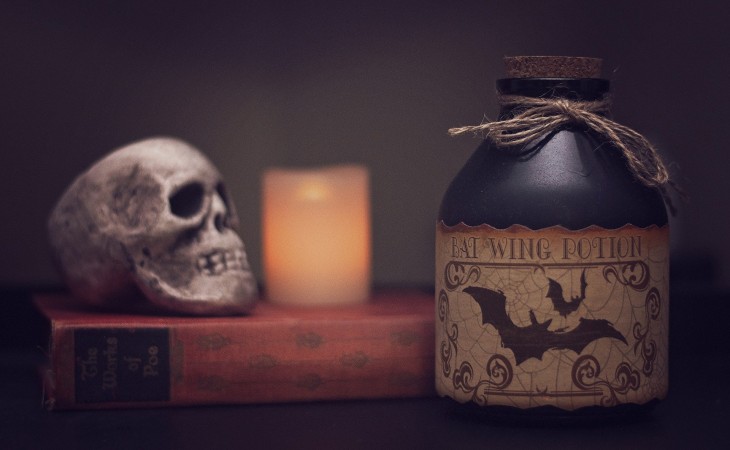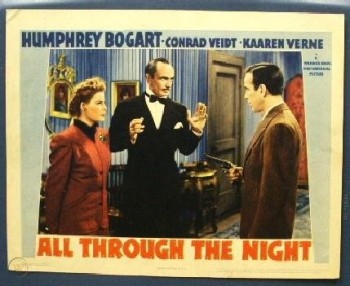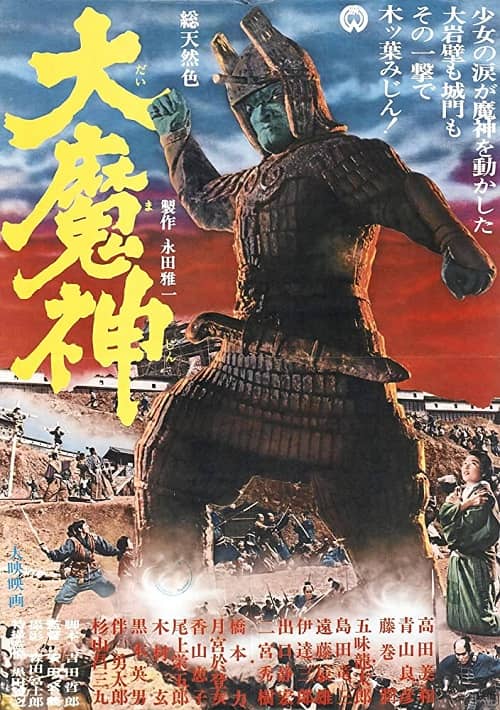Rogue Blades Presents: Who Was Your First Hero? Part 2
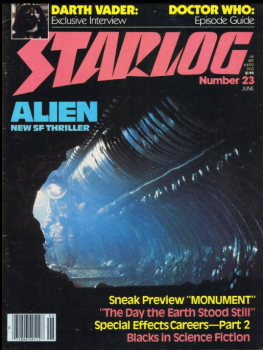 A couple of months ago here at Black Gate, I wrote about my first heroes, mainly the fictional ones I recall from my boyhood in the 1970s. Spider-Man came to mind, as did Steve Austin and a few others. Then not so long ago, over at his Facebook page, author Nick Ozment asked something along the lines of, “What was the first movie you watched inside an actual theater?” That question got me thinking.
A couple of months ago here at Black Gate, I wrote about my first heroes, mainly the fictional ones I recall from my boyhood in the 1970s. Spider-Man came to mind, as did Steve Austin and a few others. Then not so long ago, over at his Facebook page, author Nick Ozment asked something along the lines of, “What was the first movie you watched inside an actual theater?” That question got me thinking.
Before going further, though, I’d like to point out to the younger crowd reading this that Nick’s question might sound somewhat unusual, but it really isn’t. For many of us with gray hair, as kids we didn’t have streaming services or DVD players. Heck, before the mid-1980s or thereabouts, many of us didn’t have VCR players or even cable television. So, it might seem that our only option for watching movies was in a theater, but that was not the case. We might have only had three or four channels on our television, but there was always a movie of the week on Friday nights, usually a famous movie, even a blockbuster, but most times it had been edited for length and adult language. More importantly, we watched a lot of movies at the drive-in theaters. And I mean a lot of movies. If I had to hazard a guess, before 1980 I probably only ever saw a movie in an indoor theater maybe a half dozen times, but I had watched scores, maybe hundreds, of movies at drive-in theaters.
Okay, okay, back to Nick Ozment’s question. “What was the first movie you watched inside an actual theater?” When I thought about it, I couldn’t come up with a definitive answer. The best I could do was guess, and only two movies came to mind. One was Godzilla vs. Megalon, the other being The Seventh Voyage of Sinbad.
